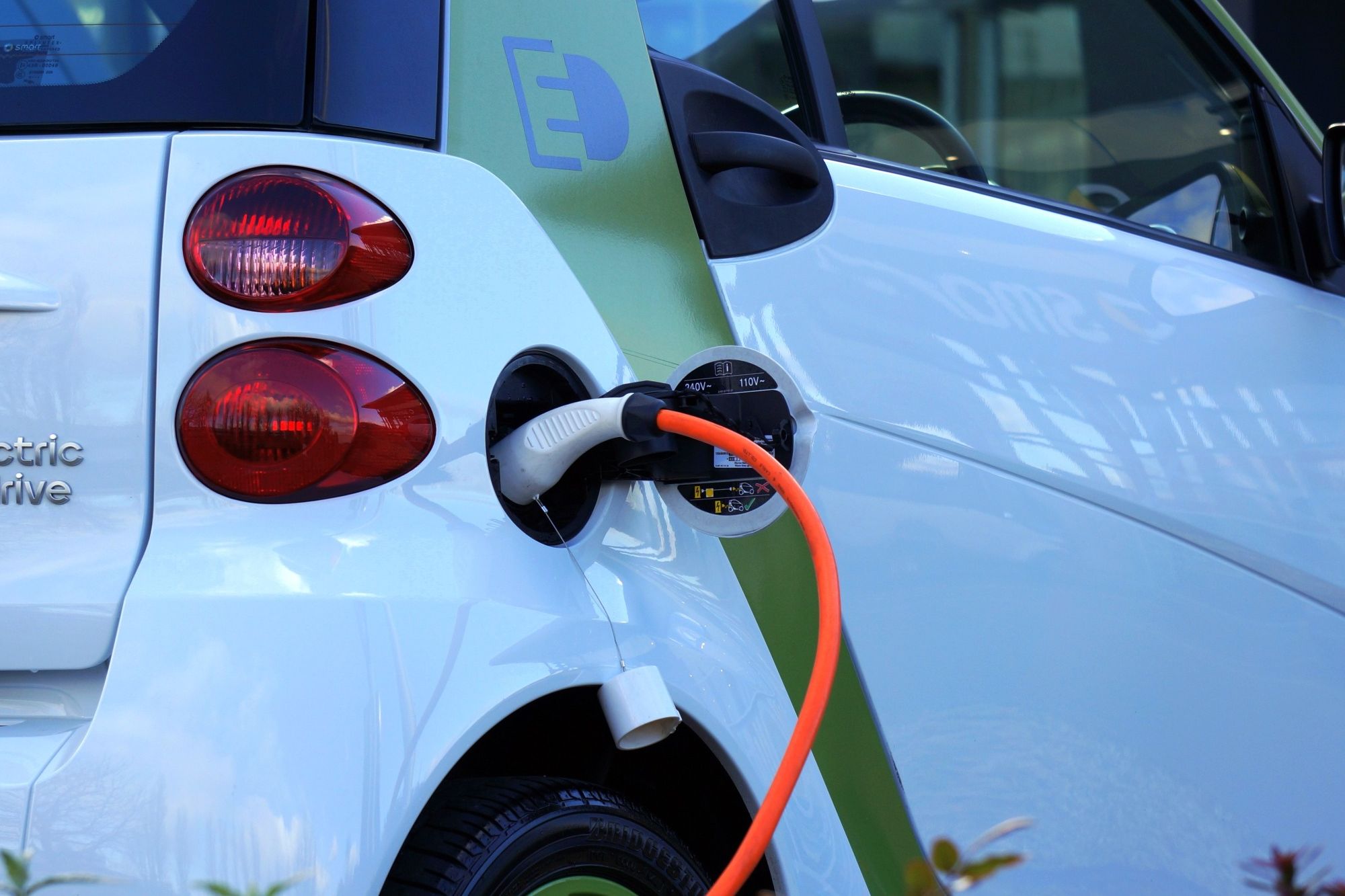The Top 5 Major Setbacks For EV Companies In India Post FAME II implementation, the sales of electric two-wheelers reduced to 1,700 units, according to data by SMEV.
Opinions expressed by Entrepreneur contributors are their own.
You're reading Entrepreneur India, an international franchise of Entrepreneur Media.

While central, state governments and private sectors have been looking forward to boost the use of electric vehicles in India, flip-flop in policy-making and a lack of clarity about the sector might be a reason of concern among the players.
In July, several media outlets reported that the sales of electric two-wheelers reduced to 1,700 units, according to data by Society of Manufacturers of Electric Vehicles (SMEV). These results come in at a time when the electric vehicle industry expects two-wheelers to lead the EV revolution in India.
Prior to this in April, SMEV had also reported that the electric two-wheeler market had recorded near-zero sales. According to reports, the reason behind the dip was lower availability of the vehicles in the market due to the FAME II re-certification rules.
Amid an uncertain market, some of the challenges faced by the industry are:
Stringent FAME II Scheme
In a bid to boost the electric vehicle adoption in India, the central government launched the second phase of FAME scheme (Faster Adoption and Manufacturing of (Hybrid &) Electric Vehicles) in March. The scheme was launched with an outlay of INR 10,000 crore to be invested in three years. Under the scheme, automakers are liable for incentives if they meet the requirements. In order to focus on local production on EVs, the scheme mandates the automakers to have at least 50 per cent locally-produced vehicle parts to be able to claim FAME incentives.
In a letter to NITI Aayog, SMEV had highlighted that the Indian component suppliers are far from being ready to manufacture components given the present low volume of EVs. Apart from this, the safety tests and checking processes can take at least 1-1.5 years, thus making it impossible to comply with immediately.
Apart from this,linking of incentives with battery capacity can impose difficulties. According to the scheme, the incentive has been reduced to INR 10K per KWh of battery capacity. Due to this, the incentives for two-wheelers have been reduced by INR 10,000-12,000 thus increasing the price of the vehicles. This in turn may affect the demand for two-wheelers.
Charging Infrastructure
The second phase of FAME proposes setting up of 2,700 electric charging stations across the country. However, the question remains is it enough to eliminate range anxiety — fear of losing battery before reaching destination or charging point — among the users. For instance, Ola's EV pilot in Nagpur failed to pick up due to longer wait time at charging stations and high operating costs, according to reports.
High Costs
As of now, electric vehicles are costlier than traditional fuel-run vehicles. In May, it was reported that Maruti Suzuki was testing 50 models of WagonR Electric with plans to launch the model next year. However, Maruti Suzuki's MD Kenichi Ayukawa said that the electric model would cost around INR 12 lakh as opposed to the petrol cars which cost 4.20-5.70 lakh, according to reports.
Battery Technology
Lack of proper battery technology is one of the major concerns for the EV industry. According to a Livemint report, almost all electric vehicles in India have been produced after importing the lithium-ion batteries, especially from China. Imports of the battery is thus in turn increasing the cost of the vehicle. However, the silver lining is that the National Democratic Alliance (NDA) government is reportedly exploring new technologies such as polymer-based solid state batteries in order to reduce dependency on lithium-ion batteries.
Lack of Trained Personnel
While issues with charging infrastructure and lack of battery technology have been majorly highlighted, lack of trained personnel in the electric vehicle space is also seemingly becoming a setback in the EV industry. According to a report by The Economic Times, there is a shortage of experts on design, product, infrastructure, storage for the EV industry. Due to this, search firms are increasingly looking for personnel from other countries such as France, Germany, Japan and China. Speaking with ET, CV Raman, Senior Executive Director of Engineering, Maruti Suzuki India, said that the electric vehicle space is at a nascent stage and thus firms will face challenges in talent acquisition.










